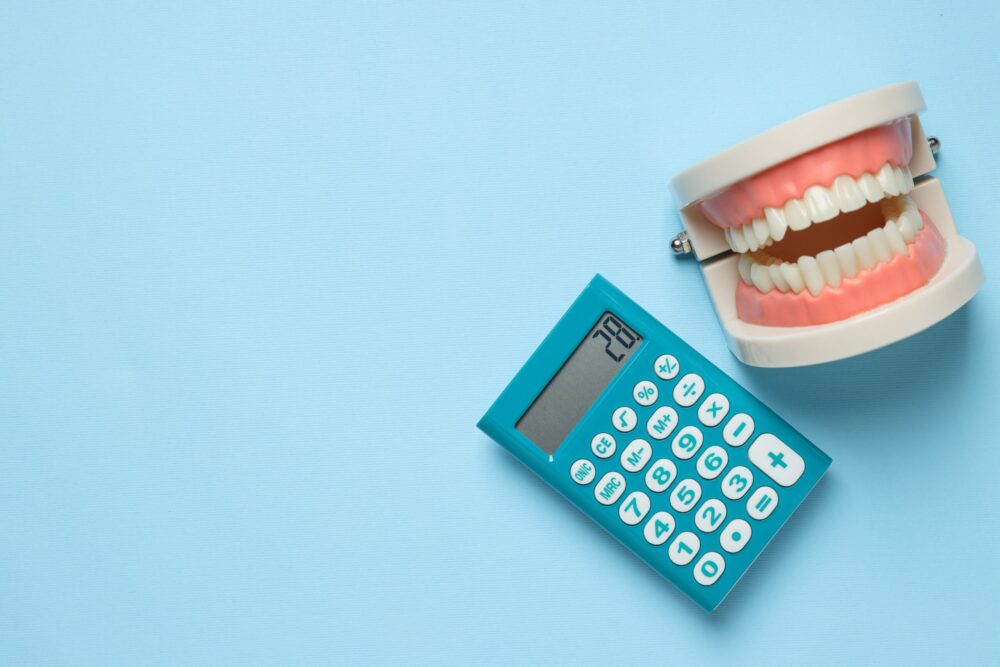With the new year upon us, nearly 75% of American adults have set some sort of new year’s resolution. Whether it be learning a new skill, kicking a bad habit, or starting or ending a relationship, there are so many things that people want to do in the new year. But the truth is that sticking to new year’s resolutions isn’t all that easy, so we’ve put together some recommendations on how to set a new year’s resolution that you can stick to. After all, having one big accomplishment to celebrate at the end of the year makes you more likely to succeed with your resolution for the following year.
Why is it so hard to stick to your New Year’s resolutions?
Before we share some ideas on how to stick to those resolutions, let’s talk about why these new habits are so easy to break. The reason that so many people fail is that they make the goal something that isn’t attainable. But on top of that, people fall short of succeeding at their resolutions for the following reasons:
- The goal was too big to bite off in the time allotted.
- The goal was overwhelming.
- They gave up too easily and didn’t give the goal a fair shot.
- There was a financial burden or investment associated with the goal.
- They didn’t have a partner to help hold them accountable.
- The resolution wasn’t specific enough, leaving too much wiggle room.
- It was too time-consuming.
- Their expectations were too high.
- The goal kicked off with a false start.
- They aren’t honest with themselves.
So, now that you know what might keep you from accomplishing your goals and celebrating success, what do you need to do to make it happen? Well, it starts with creating goals that are simple and attainable, avoiding setting vague goals, and being specific.
Set SMART goals for your new year’s resolutions.
If you have never heard of the SMART methodology to goal-setting, what we tell you next could be a game changer. The SMART goal acronym was coined back in 1981 in the Management Review journal. And though this way of thinking was designed for business goal-setting, it works here too.
SMART stands for:
Specific
Make your goal clear. For example, if your goal is to “brush my teeth more often,” you might find that you lose momentum with your goal because it’s not clear what “more often” actually means. Aim for a specific goal that is clearly defined; in this case try, “brush my teeth twice a day.”
Measurable
Make sure your goal is something that you can measure. So, if you are aiming to brush your teeth twice a day, the “twice a day” is something that you can measure. If you only brush your teeth once a day, you aren’t meeting your goal.
Achievable
Your goal should be something that you can achieve. Coming up with a goal, such as brushing your teeth twice a day while you climb Mount Everest is not likely achievable. But brushing your teeth twice a day is something you can accomplish with little incremental effort.
Relevant
Come up with a goal that is relevant to you. Our simple example of brushing your teeth twice a day is relevant as we all should brush our teeth twice a day for two minutes to help maintain and protect our oral health. When considering your goal’s relevance, consider why it is important to you. Our example is important because failure to brush your teeth twice a day can lead to tooth decay (cavities) and gum disease.
Timebound
This is all about setting a goal that is achievable in a reasonable time. To brush our teeth twice a day, we measure it daily—brush two times each day. Not only is our goal measurable, but the time allotted makes sense. Alternatively, you might set yourself a goal of brushing twice a day every day for three months. At the end of the three months you can reassess your goal and, more importantly, celebrate your success.
Now, if you are reading this and think this is not very meaningful because you already brush your teeth twice a day, here are some other easy goals that have the SMART methodology applied.
- Floss my teeth each evening before I go to bed.
- Spend 15 minutes each day learning to play the guitar.
- Spend five minutes each day journaling about my thoughts and feelings (note: journaling is an excellent form of self-care).
- Quit smoking cigarettes by the end of the year.
Whatever goal you want to tackle, the key is choosing something you want to do. Align your goal to your values and what matters the most to you. Choosing one meaningful goal will prevent you from getting overwhelmed at all the changes you are setting for yourself and allow you to focus on your goal. It may even help to enlist a friend who can help hold you accountable; for example, if your goal is to brush your teeth twice a day, ask your spouse, partner, or child to brush with you. Not only will it hold you accountable, but you’ll also be doing their oral health a favor too.
Finally, commit yourself to do your best for the entire year. If you fall short one day, get up and try again the next day.
Let the team at Allred Family Dentistry help you with some new year’s motivation.
If you haven’t set a new year’s resolution yet, don’t worry. No hard and fast rule states you must decide your resolutions by December 31. So if you are looking to improve your oral health this year and need some new year’s motivation, your dentist’s office in Hampton, GA, can help. Request an appointment today for a professional cleaning and oral evaluation. During your preventive dentistry visit, we’ll discuss goals for the new year, including healthy eating and tips for better oral health.
What are you waiting for? Let’s work together to set your new year’s resolution today.





